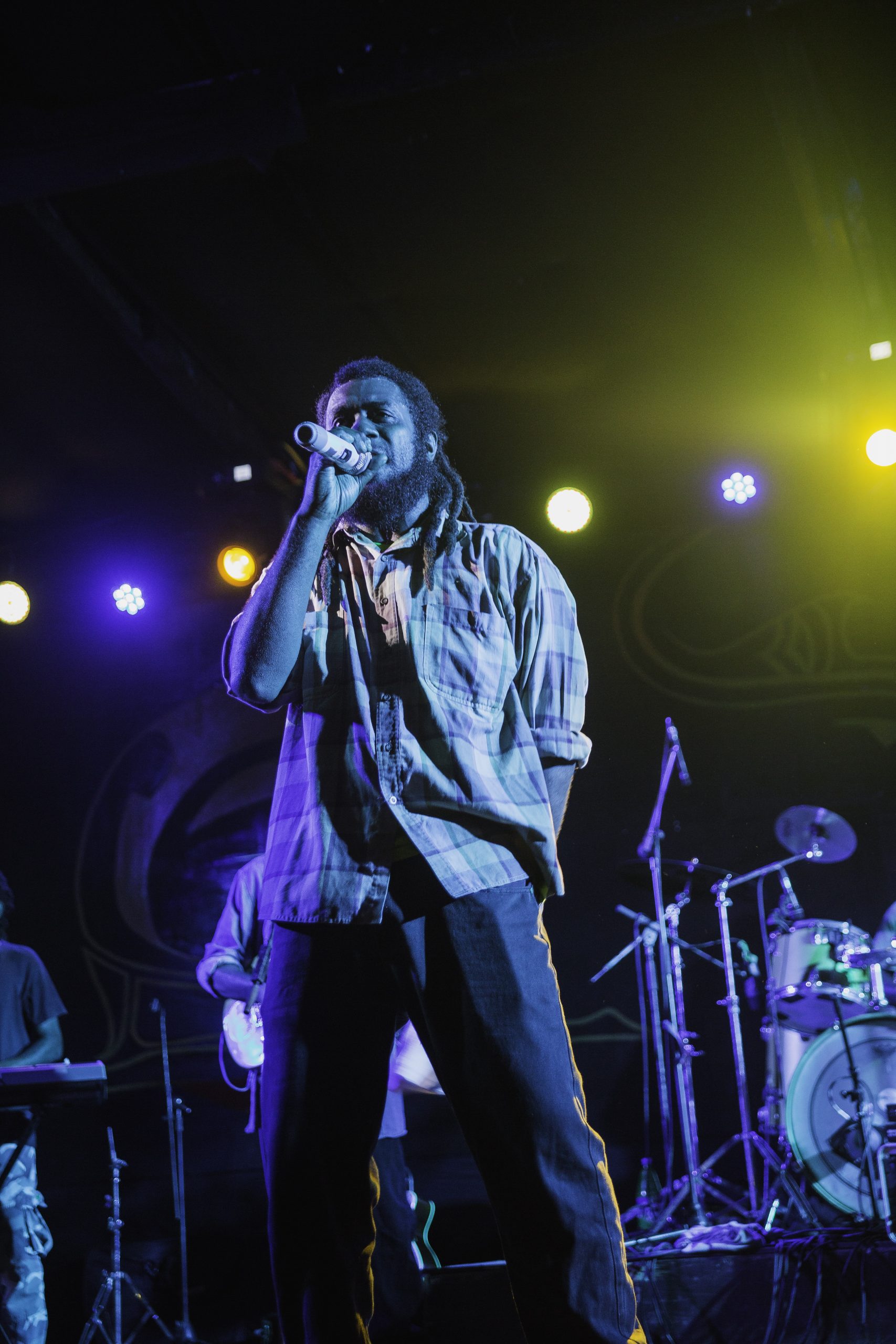By Rowena Singh
Stan Antas, founder and lead singer of Vanuatu’s Stan & the Earth Force, says music has always been part of his life, and part of Vanuatu’s culture.
“We're big on reggae here and our local string band music,” says Antas. “Hip-hop is growing genre. But generally, the audience in Vanuatu are into all kinds of music so a lot of producers are putting out all kinds of music.
“Music has always been a part of our culture,” he said.
“I grew up in it . . .
Please Subscribe to view full content...
